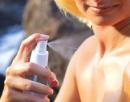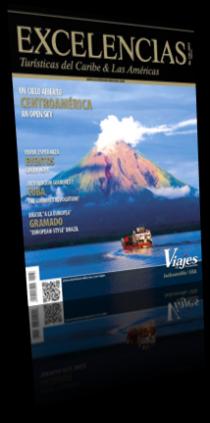- Travel & Enjoy Healthily.
When it comes to traveling to a tropical country, certain health measures are to be kept in mind to prevent diseases and make your stay fully enjoyable
Every vacation or business trip takes a preparation process that not only has to do with planning on what we’re going to do in our destination, but taking a series of precautions in order to enjoy our stay and protect us from any disease, depending on the geographical area.
That’s the case of tropical regions, where climate and the presence of vectors, among other causes, can expose us to certain health risks.
What precautions are to be taken?
1. Mosquito bites: mosquitos carry some serious infectious diseases, such as malaria, dengue or yellow fever. It’s advisable to:
• Wear proper cloths. Despite high temperatures, we should wear long-sleeve shirts and pants, even better if it’s cotton and colors are light. No open shoes.
• Mosquito repellent. Apply it on uncovered areas and over the cloths. Avoid contact with eyes and mouth, especially in the case of children. Upon returning to the room, wash the skin with water and soap.
• Sleep under mosquito nets.
2. Problems brought about by baths taken in fresh water or seawater.
• In tropical regions, fresh waters flowing into rivers, lakes, springs, etc. can be infected with larva that get through the skin and cause different diseases. It’s recommended to avoid taking baths in waters that could be contaminated by human excrements or animal droppings, since eyes, ears and the intestines can get infected. Pools with chlorinated water are safe.
• As for baths in seawaters, although there is no risk in terms of transmissible diseases, travelers should have information about the area, find out if swimming is not banned and whether there is no risk to your health. Jellyfish bites trigger intense pain and irritate the skin. In some regions, bathers must wear specific shoes that protect them from fish, dermatitis related to corals and crustaceans, and toxic shellfish and anemones.
It’s advisable to prepare a small first-aid kit with such medicines as: painkillers and pills to regulate body temperature, items to treat small wounds, like gauzes, band-aid and local antiseptics, gastric protectors, antihistamines, etc.
On the other hand, having travel insurance and specifying any health condition are highly recommended. Likewise, travelers must go to specialized institutions if any medical problem or condition arises.

























































































































